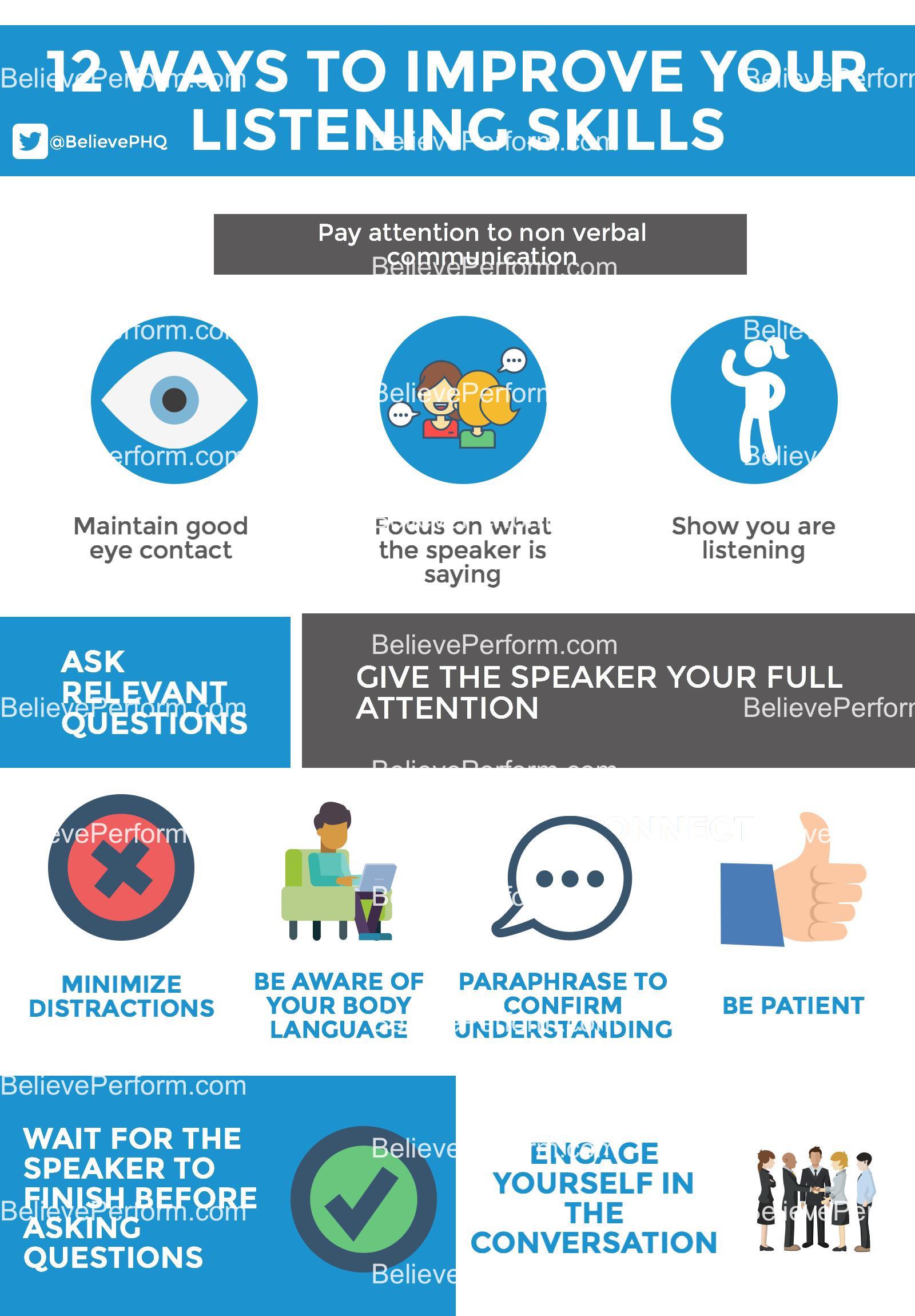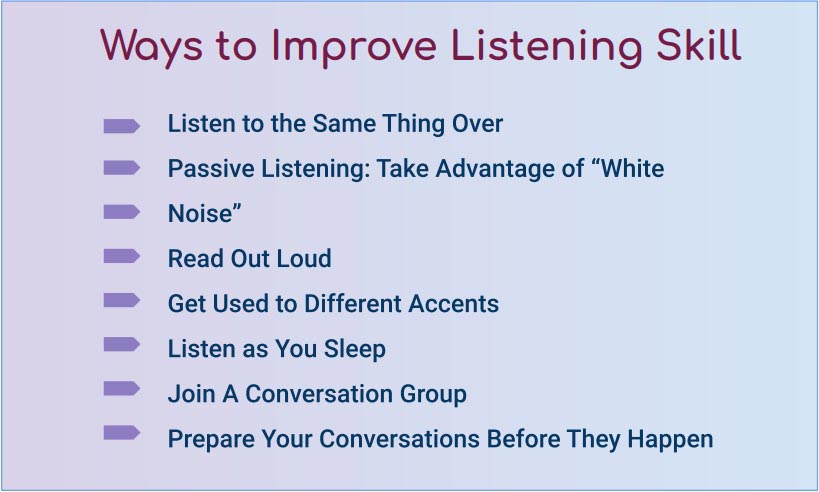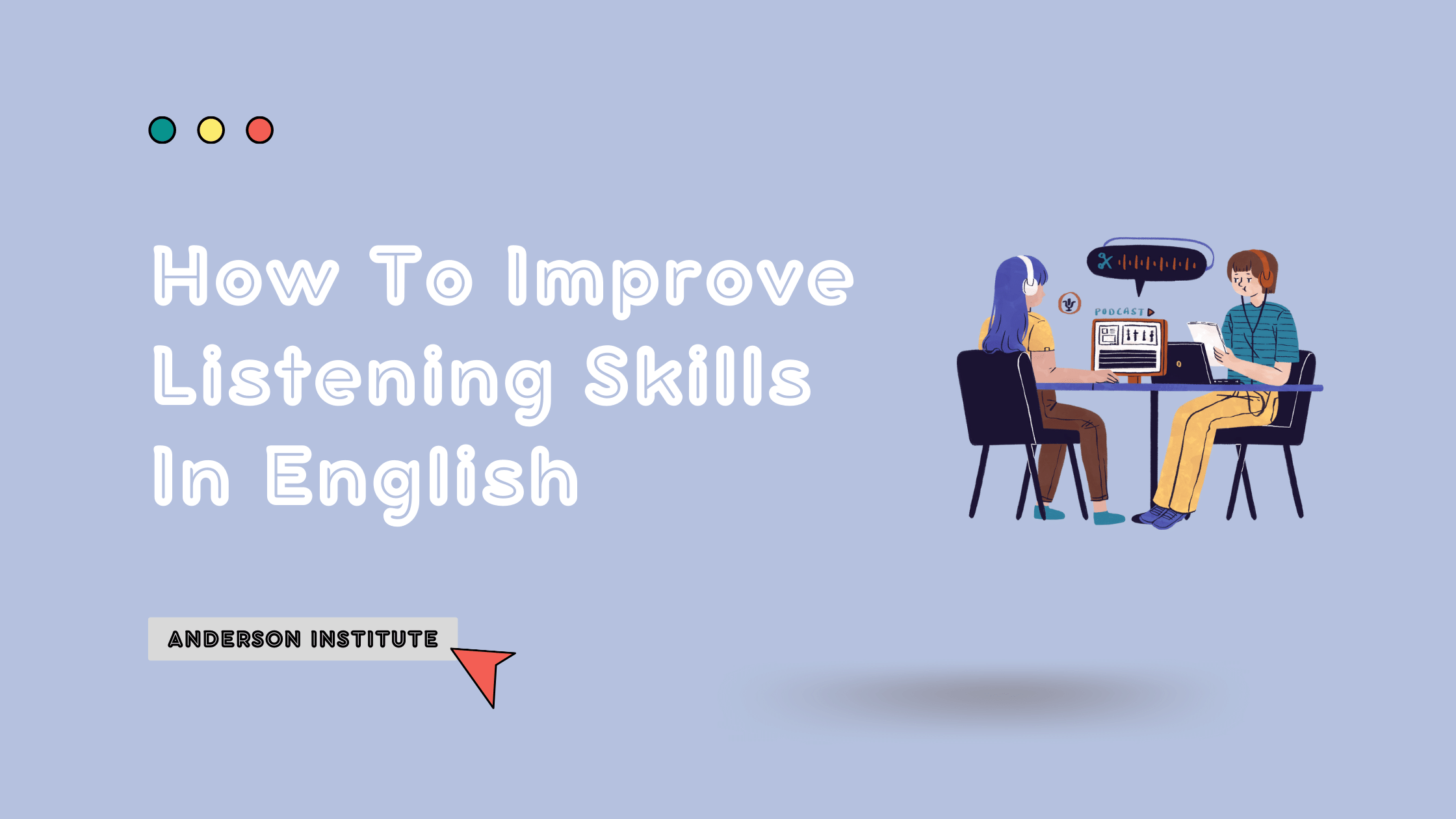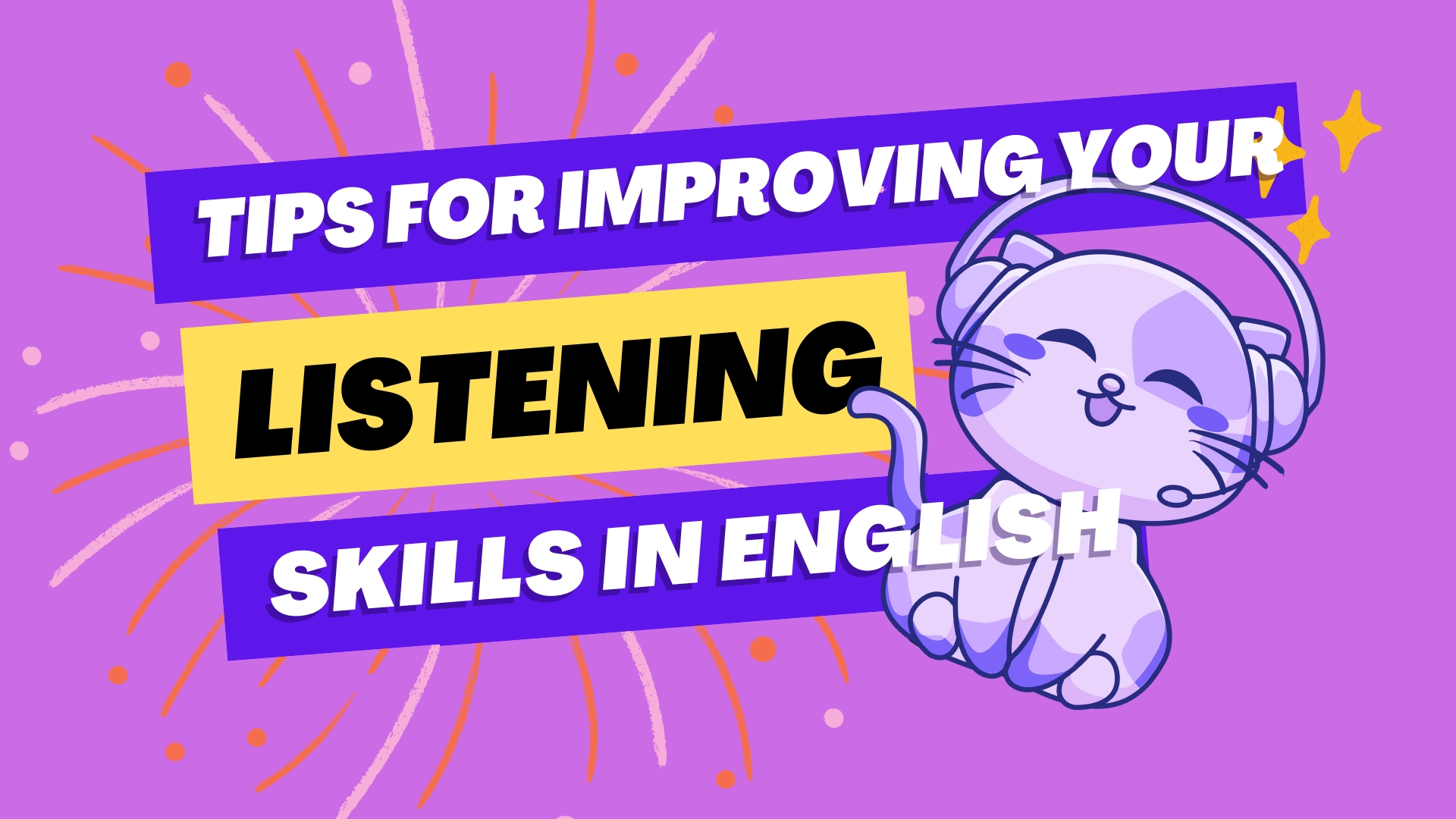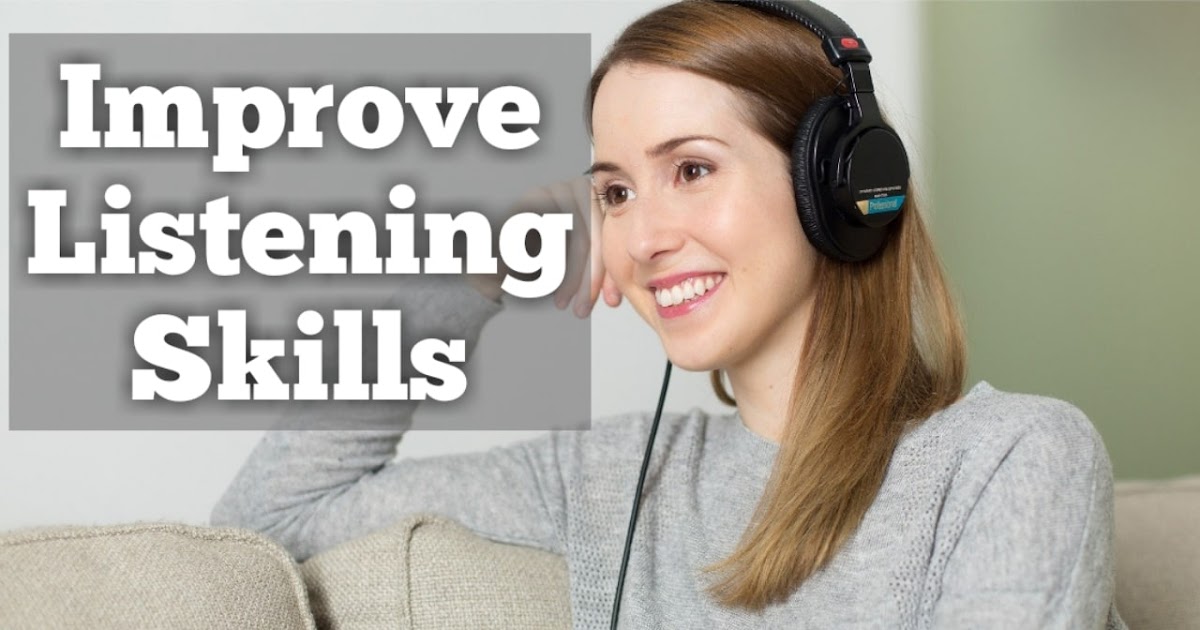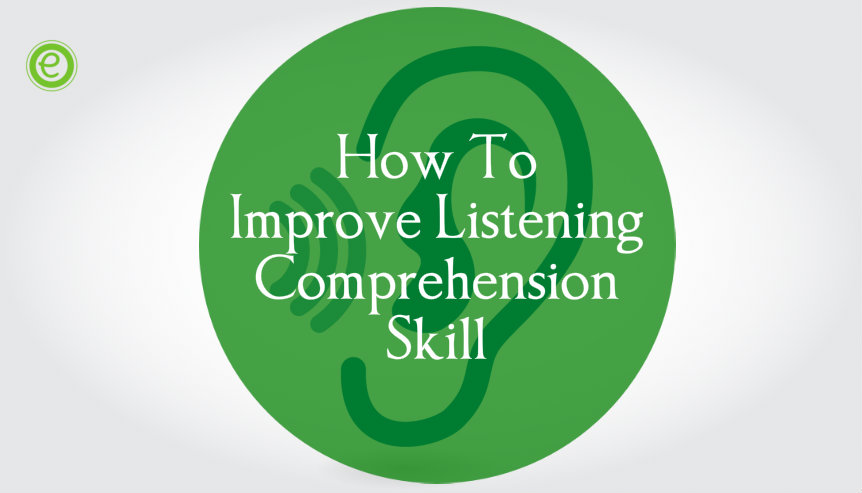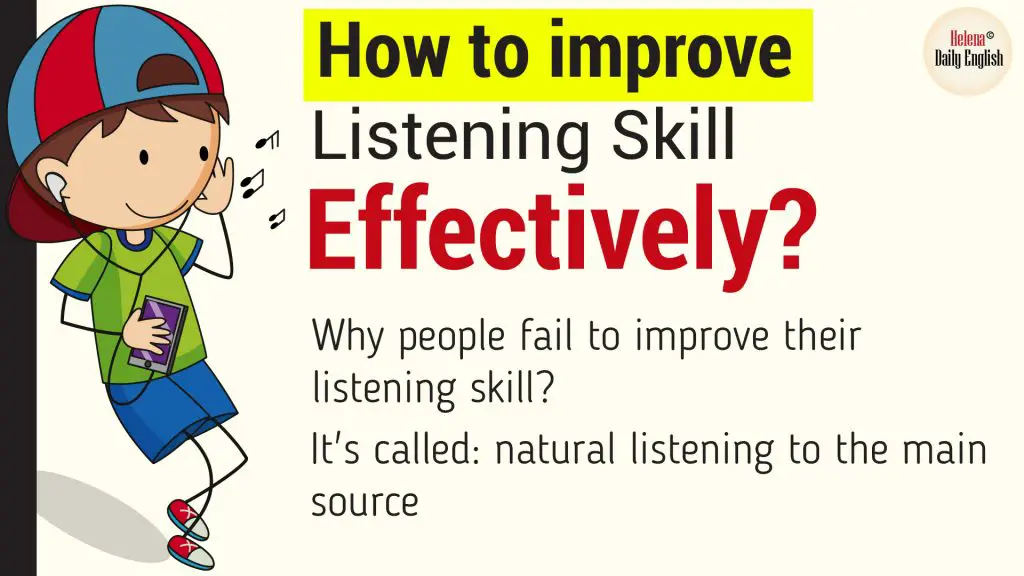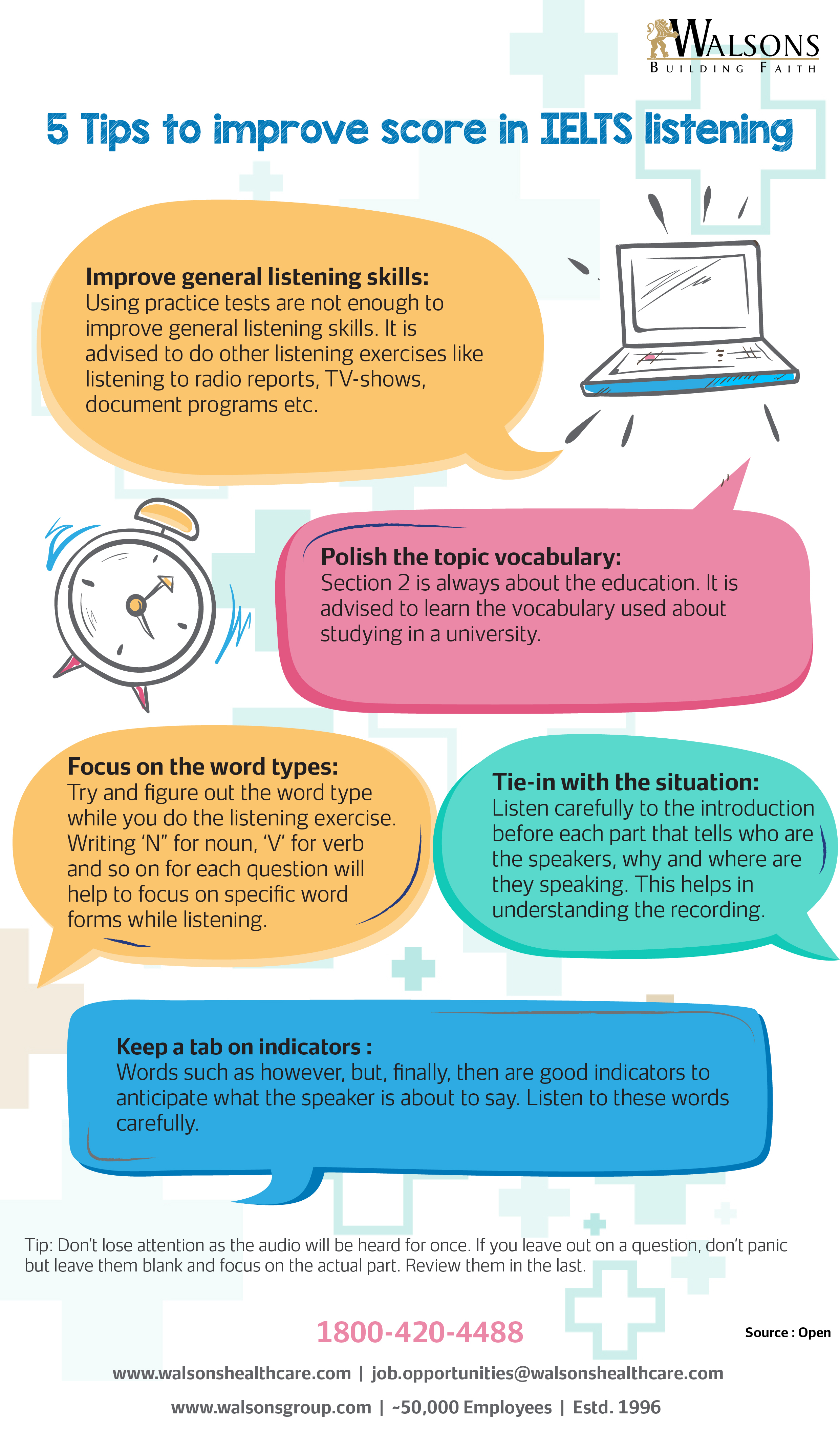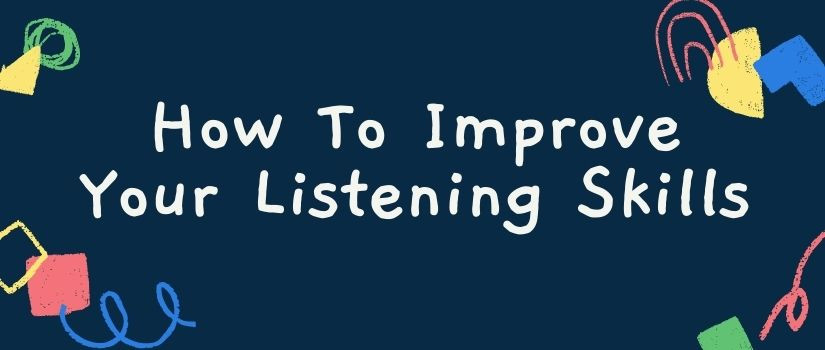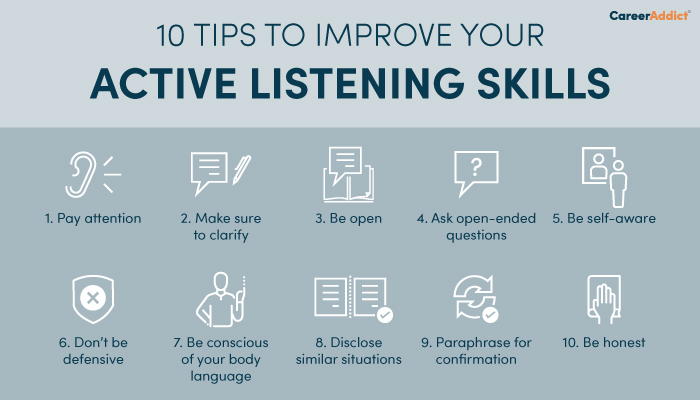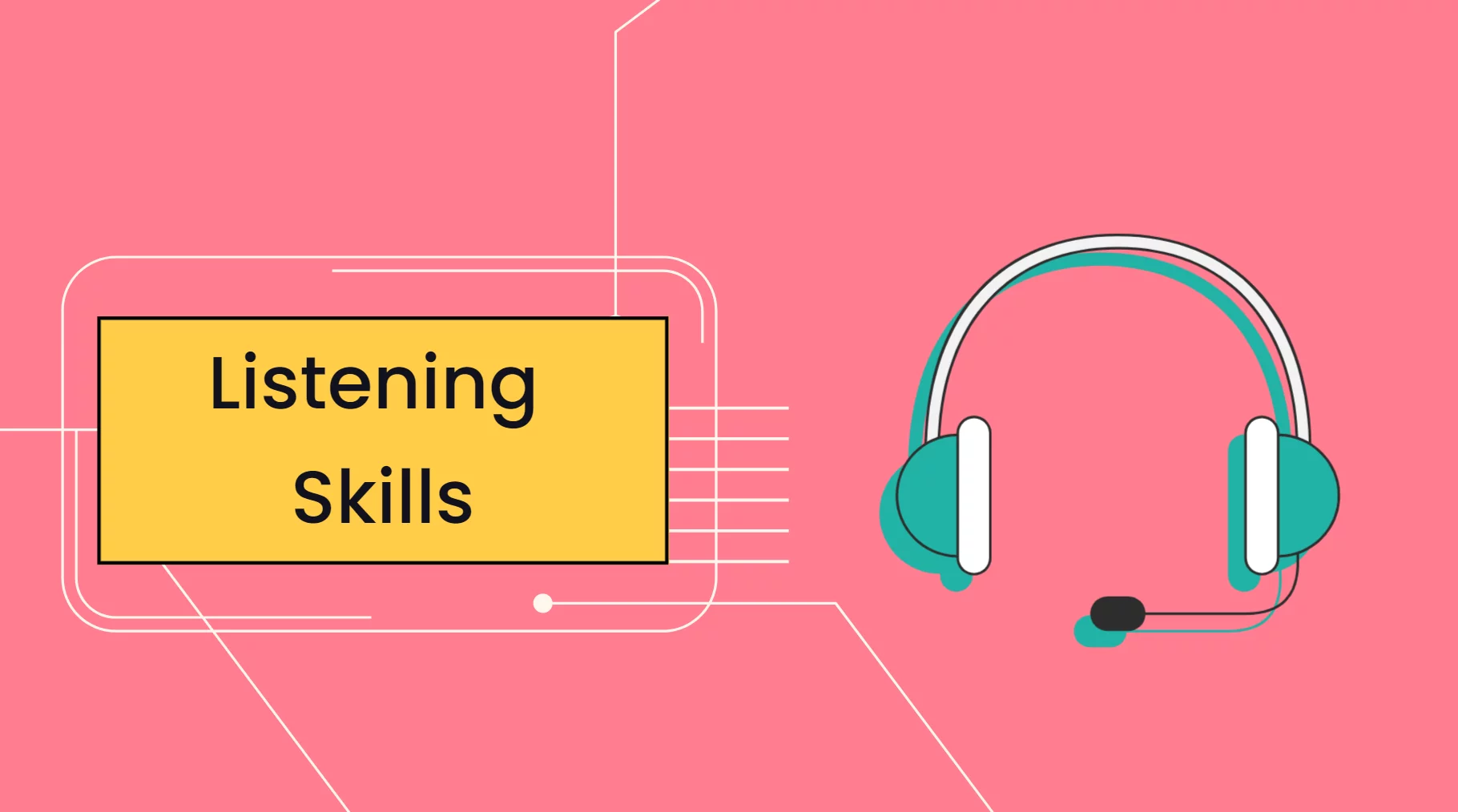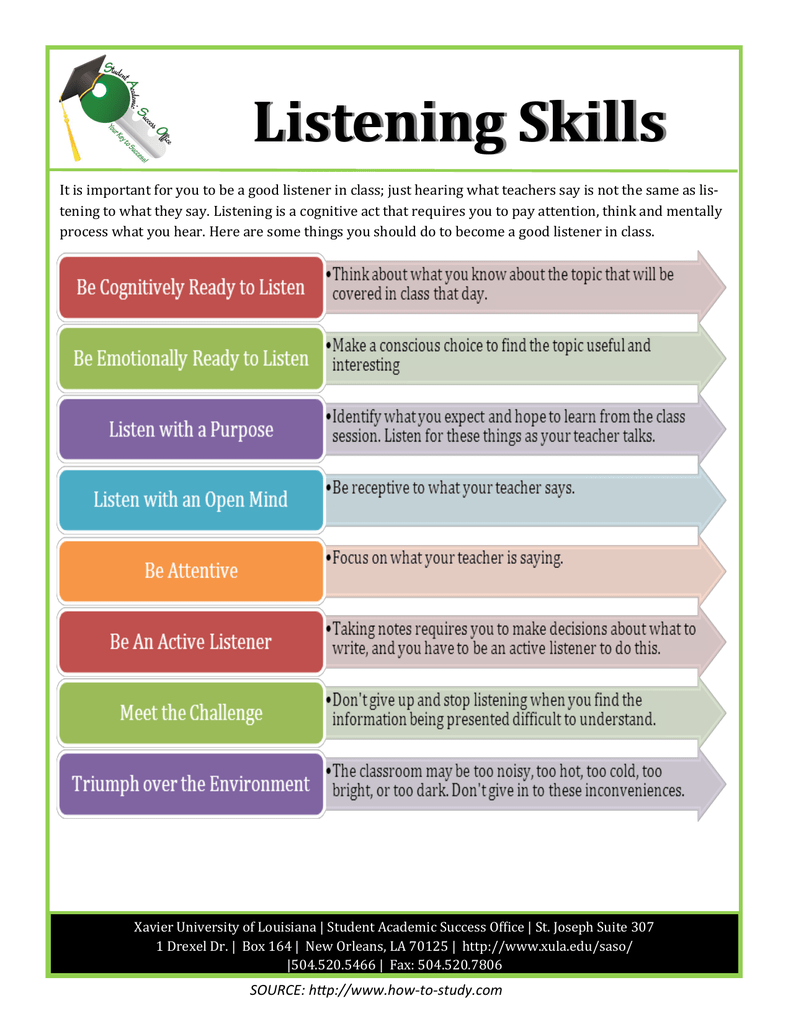How To Improve Listening Comprehension

Imagine yourself in a bustling marketplace, surrounded by a symphony of sounds. Merchants hawk their wares, children laugh and chatter, and snippets of conversations drift in and out. You strain to understand, but the noise is overwhelming. You catch a few words here and there, but the true essence of what's being communicated remains elusive, like a wisp of smoke.
Improving listening comprehension is a skill accessible to everyone, offering benefits that span from enhanced relationships to greater professional success. It's not about being born with a "good ear," but rather about actively developing techniques that allow us to truly hear and understand the world around us.
The Foundation of Understanding
Listening comprehension, at its core, involves decoding auditory information and making sense of it within a given context. Poor listening skills can lead to misunderstandings, missed opportunities, and strained relationships. But the good news is, with conscious effort and the right strategies, you can transform from a passive hearer into an active listener.
Active Listening: More Than Just Hearing
Active listening goes beyond simply registering sound. It's about engaging with the speaker, showing them you're paying attention, and striving to understand their perspective. Start by maintaining eye contact and using nonverbal cues such as nodding to demonstrate engagement.
Paraphrasing and summarizing are also crucial. Restating the speaker's message in your own words ensures that you've understood correctly and allows them to clarify any misinterpretations.
Creating a Conducive Listening Environment
Distractions are the enemy of good listening. Minimize background noise, put away your phone, and focus solely on the speaker. Choose environments conducive to clear communication, such as quiet rooms or coffee shops with low background noise.
Mental preparation is also important. Approach conversations with an open mind, ready to learn and understand the speaker's viewpoint. Avoid formulating responses while the speaker is still talking, as this can prevent you from fully absorbing their message.
Expanding Your Vocabulary and Knowledge Base
A broader vocabulary naturally improves your ability to understand spoken language. Reading widely, listening to podcasts, and watching documentaries can all contribute to expanding your lexicon.
Familiarity with different accents and speaking styles is also valuable. Exposure to diverse voices can make it easier to understand various forms of communication.
Consider exploring resources like the International Listening Association (ILA), which offers a wealth of information on listening skills and research.
Practice Makes Perfect
Like any skill, listening comprehension improves with practice. Seek out opportunities to engage in conversations with people from diverse backgrounds and with varying communication styles.
Engage in activities that challenge your listening abilities, such as listening to lectures on unfamiliar topics or participating in debates. Record yourself listening to a conversation and critically evaluate your comprehension and response.
The Benefits of Better Listening
The rewards of improved listening comprehension extend far beyond the immediate conversation. Stronger relationships are built on understanding and empathy.
Professionally, effective listening translates to better teamwork, fewer errors, and improved leadership skills. According to a study by Forbes, good listening is a critical skill for managers and executives.
Ultimately, becoming a better listener is an investment in yourself and your relationships. It's about opening yourself up to the world around you, hearing not just the words, but the intent and emotion behind them.
So, the next time you find yourself in a bustling marketplace of ideas, remember the techniques you've learned. Engage, listen actively, and embrace the opportunity to truly understand the symphony of voices around you. You might be surprised by what you hear.
